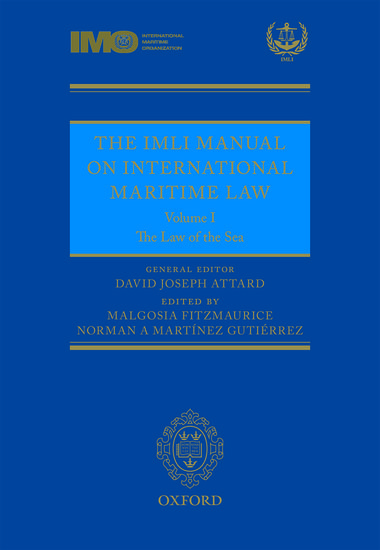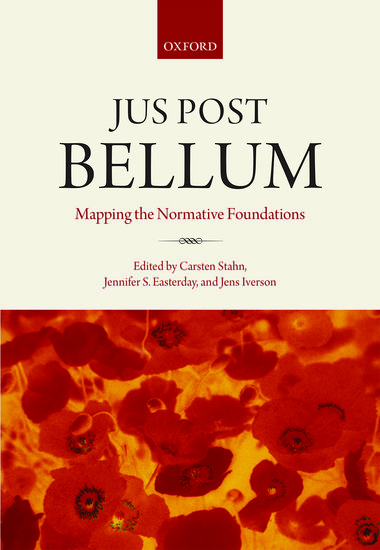Writing a graphic history: Mendoza the Jew
By Ronald Schechter
Let me begin with a confession. I used to be a snob when it came to comics. I learned to read circa 1970 and even though my first books were illustrated, there was something about the comic format – the words confined to speech and thought bubbles and the scenes subdivided into frames – that felt less than serious. The only time I remember being allowed to buy comic books was when I had just been to the doctor’s office.







